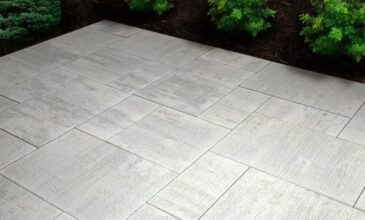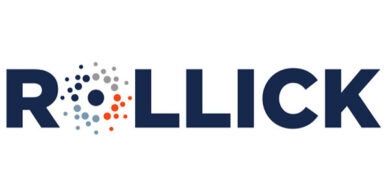Storm recovery: OPEI reminds home and business owners to keep safety in mind
The Outdoor Power Equipment Institute (OPEI), an international trade association representing small-engine, utility vehicle and outdoor power equipment manufacturers and suppliers, reminds home and business owners cleaning up from Hurricane Irma and Hurricane Harvey, to keep safety in mind.
“It is easy for injuries to happen after a storm during the cleanup phase,” said Kris Kiser, president and CEO of OPEI. “People are eager to get things back to normal and working very hard. You rely on your outdoor power equipment more than ever during an emergency, but you must keep safety in mind and follow all manufacturers’ instructions.
“In Florida and Texas, we’re seeing long-term power outages. Generators will be very important — essential and even lifesaving — during this trying time. But while everyone is in a hurry to get back up and running, it’s imperative to read your owner’s manual before operating them. And, never place a generator in your garage or in your home. The generator should be a safe distance from your home as directed by your manual and not near an air intake, like an open window.”
More tips during storm cleanup include:
Take stock of your outdoor power equipment. Make sure equipment is in good working order before you start using it.
Use your safety gear. Sturdy shoes, safety goggles, hard hats, reflective clothing and work gloves, can all help keep you safer while working.
Follow all manufacturers’ instructions for your outdoor power equipment. Review the owner’s manuals for your equipment if possible (look manuals up online if you cannot find them), so you can operate your equipment safely.
Have the right fuel on hand. Use the type of fuel recommended by your equipment manufacturer. It is illegal to use any fuel with more than 10-percent ethanol in outdoor power equipment. (For more information on proper fueling for outdoor power equipment, visit www.LookBeforeYouPump.com.) If you are using fuel that has been sitting in a gas can for more than 30 days and you cannot get fresh fuel, add fuel stabilizer to it.
Ensure portable electric generators have plenty of ventilation. Generators should NEVER be used in an enclosed area or placed inside a home or garage, even if the windows or doors are open. Place the generator outside and away from windows, doors and vents that could allow carbon monoxide to come indoors. Keep the generator dry and do not use it in rainy or wet conditions. Before refueling, turn the generator off and let it cool down.
Remain calm and use common sense when using outdoor power equipment. Clearheaded thinking and smart decision-making can help you make smart choices. This is no time to rush. Take time to think through a strategy for cleanup efforts.
Use safety precautions. Be aware of fundamental dangers that can occur. For instance, chainsaw kickback, which may happen when the moving chain at the tip of the guide bar touches an object, or when the wood closes in and pinches the saw chain in the cut. Always stand with your weight on both feet, and adjust your stance so you are angled away from the blade. Hold the chain saw with both hands. Never overreach or cut anything above your shoulder height. Always have a planned retreat path if something falls. Read more about chainsaw safety here.
Keep firm footing when using pole saws and pole pruners. Keep a firm footing on the ground. Observe the safety zone, which means keeping bystanders and power lines (those above you and any that might have fallen down) at least 50 feet away from your work area.
Be aware of others. Keep bystanders, children and animals out of your work area. Do not allow other people near outdoor power equipment, such as chain saws, pole saws or pole pruners, when starting the equipment or using it.
Drive utility task vehicles (UTVs) with caution. Keep the vehicle stable and drive slowly. Do not turn the vehicle mid-slope or while on a hill.
Pay attention to your health. Storm cleanup can be taxing on the body and the spirit. Do not operate power equipment when you are tired or overly fatigued. Drink plenty of water, and take regular breaks.
For more safety tips for outdoor power equipment, visit http://opei.org/safety-tips/.



